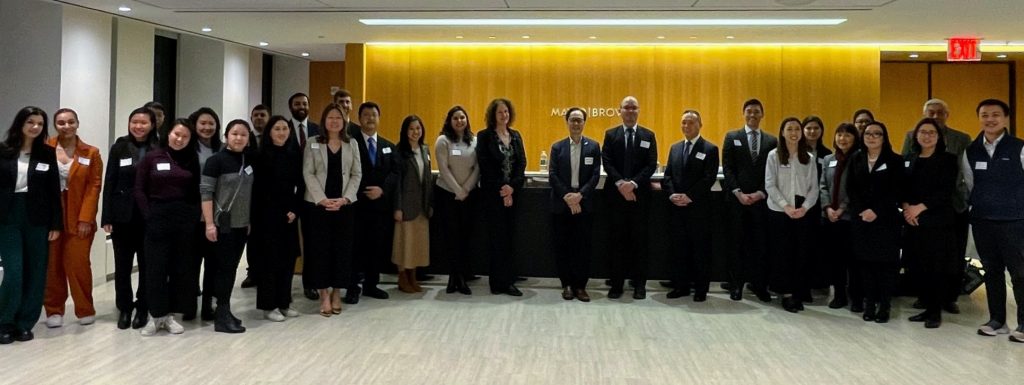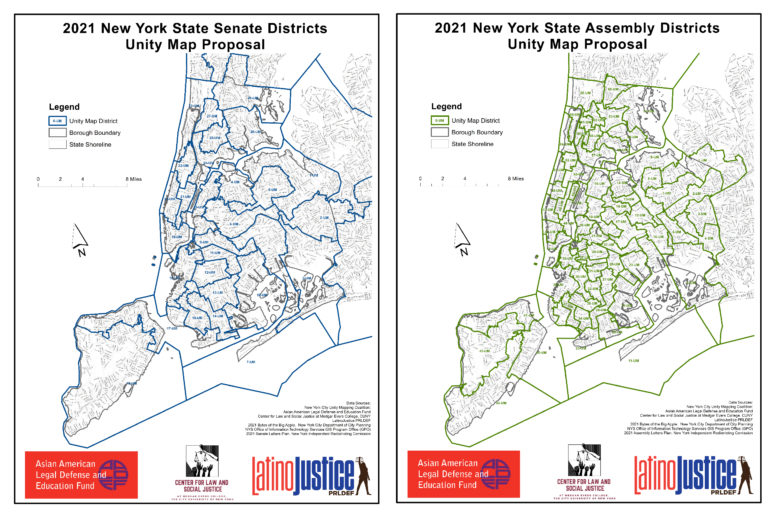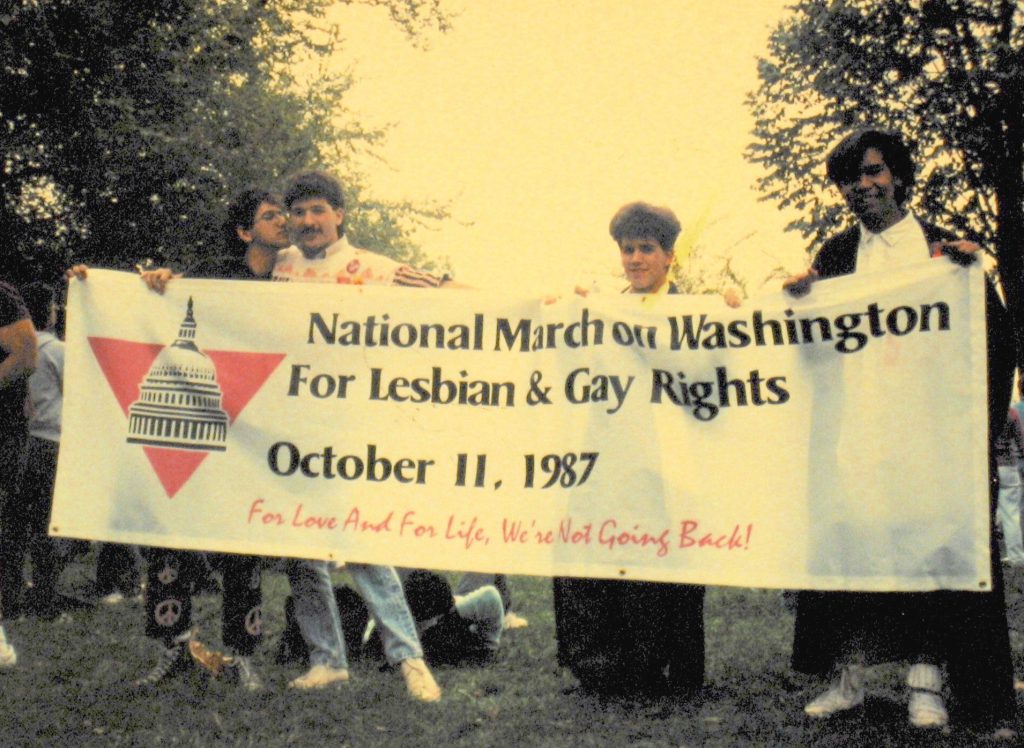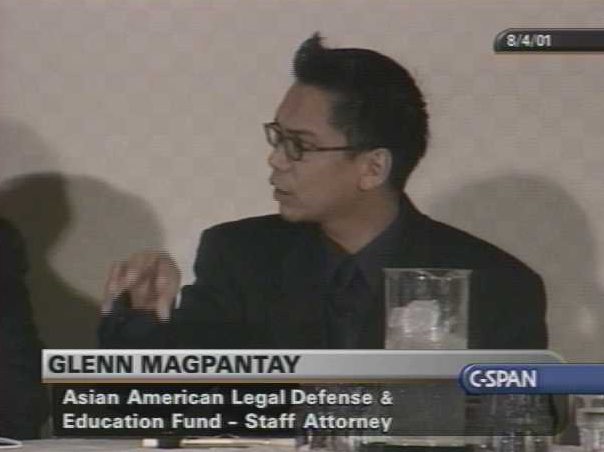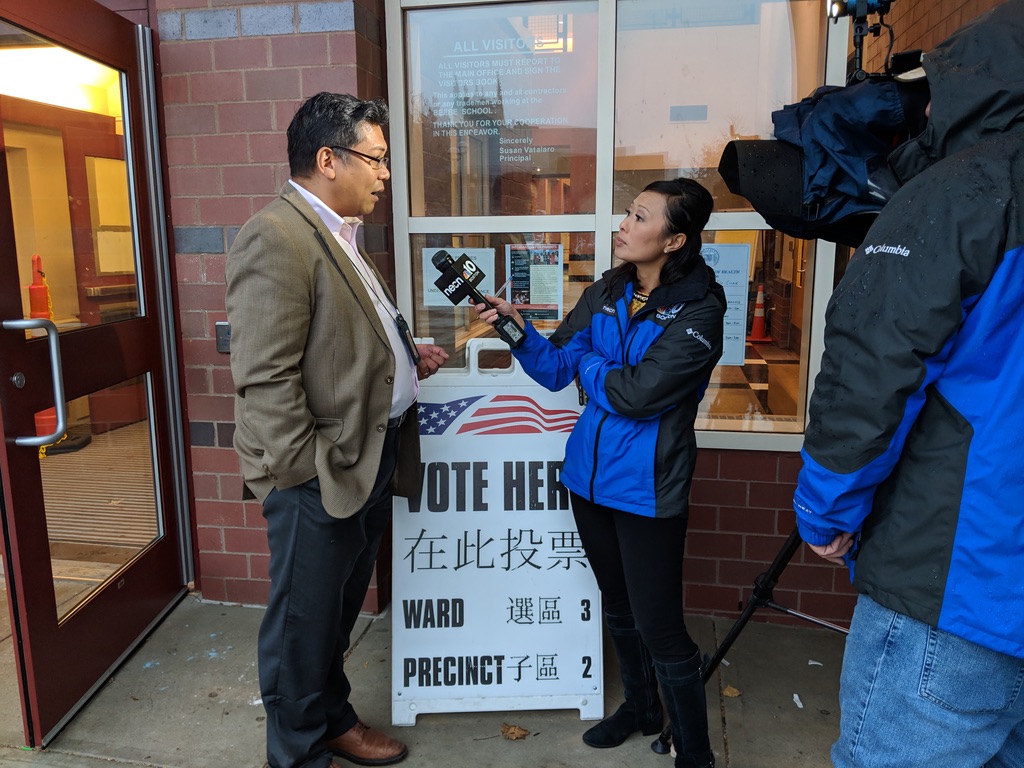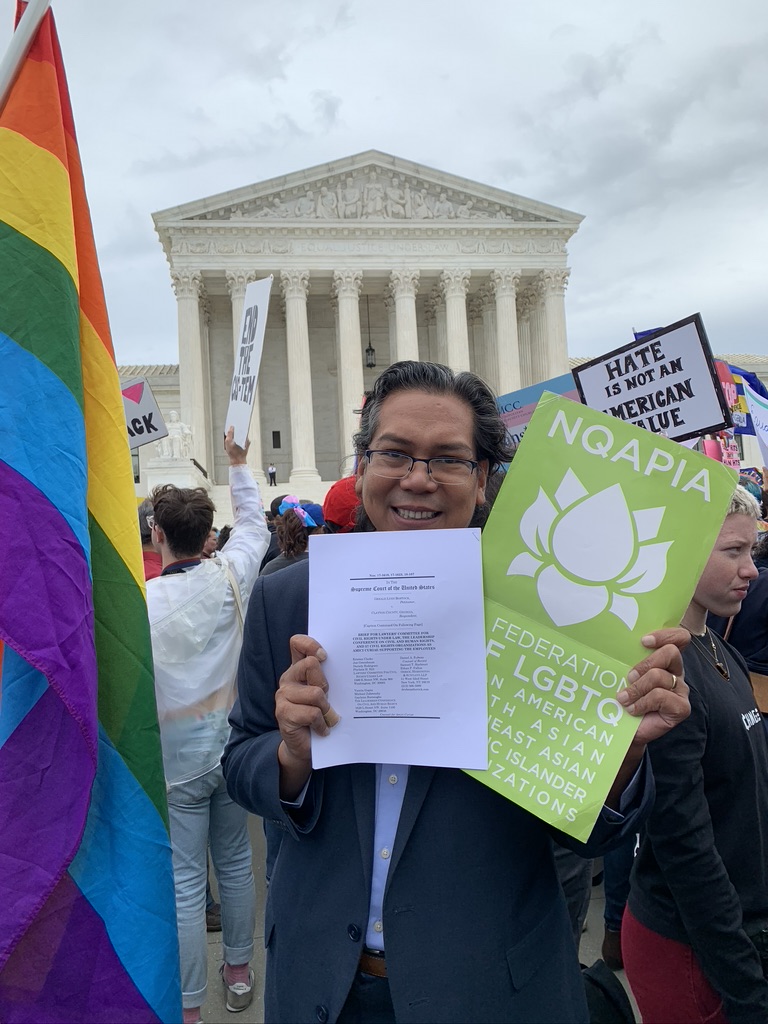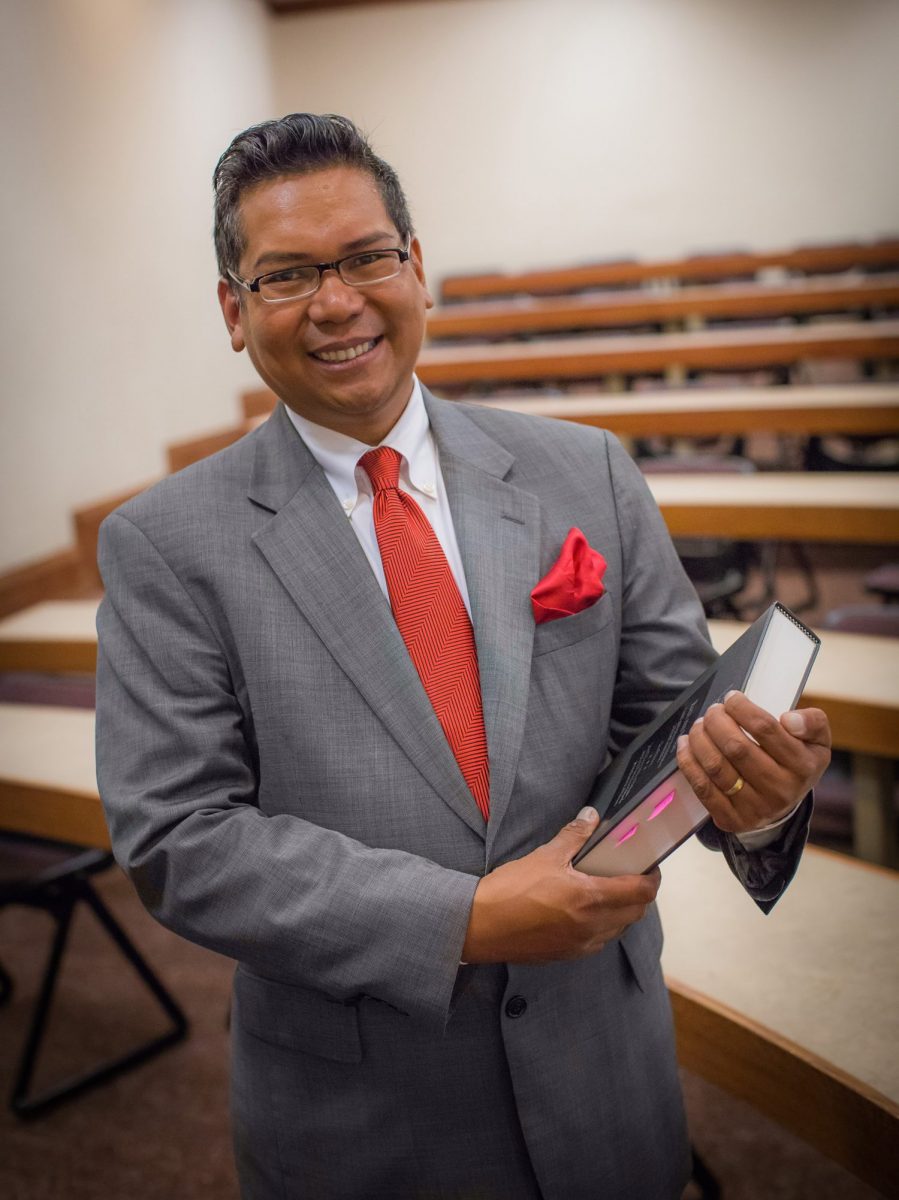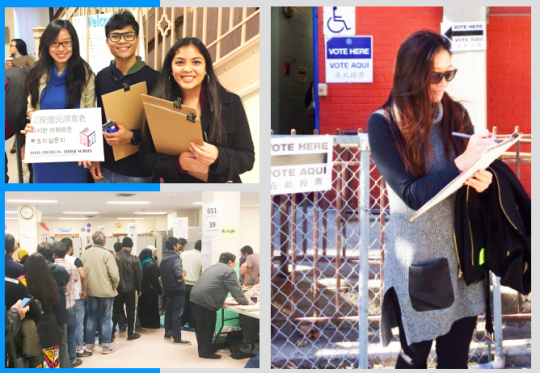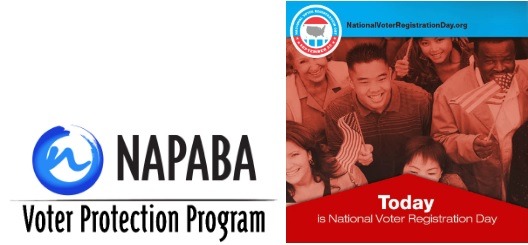On Thursday, February 27th, AABANY with FALA New York, NACAL, SABANY, and NYU’s APALSA co-sponsored a Fireside Chat with Bethany Li, the new Executive Director of the Asian American Legal Defense and Education Fund (AALDEF). Moderated by Vishal Chander, Co-Chair of AABANY’s Issues Committee, the event gave insight into AALDEF’s history, Bethany’s journey into public interest law, and the pressing civil rights issues facing Asian American communities today.

Bethany Li first took the audience through the history of AALDEF, highlighting how AALDEF has been instrumental in landmark cases that have shaped Asian American advocacy. She emphasized that AALDEF’s history is deeply intertwined with the history of Asian Americans in the United States, stating, “Much of AALDEF’s history coincides with what we understand and study as Asian American history.”
Bethany later shared personal stories of her childhood in Massachusetts, attributing much of her fine-tuned awareness of systemic injustices to her exposure to the immigrant struggle at an early age. This went on to influence her path to public interest law where, at Amherst, she became more involved in Asian American activism through internships at different journalistic and legal organizations, including one experience during college in which she interned at AALDEF. She later attended Georgetown Law, where she studied under Mari Matsuda, one of the nation’s leading critical race theorists, who cemented her commitment to social justice.
Reflecting on her return to AALDEF as Executive Director, she described it as a homecoming and stressed her commitment to expanding AALDEF’s litigation work, strengthening pro bono partnerships, and mentoring the next generation of civil rights attorneys.
The conversation turned to the role of law firms and private attorneys in supporting AALDEF’s mission. Bethany encouraged attorneys to take on pro bono cases, financially support AALDEF’s work through sponsorships, donations, and participation in events like AALDEF’s Annual Gala, and to advocate within their institutions for greater engagement in civil rights litigation and standing up against government policies that harm immigrant communities. She noted that law firms play a crucial role in civil rights litigation, so their support is greatly appreciated. However, she also acknowledged that pro bono support has become more challenging in the current political climate as firms have refused to attach their names to even non-controversial cases.
Bethany also shared valuable insights for law students interested in public interest law. She specifically stressed the importance of getting hands-on experience through internships, clinics, and pro bono opportunities and seeking mentorship from experienced public interest lawyers. Additionally, Niji Jain, the Legal Director of AALDEF, noted the importance of a strong cover letter while applying, saying that “as a lawyer, writing is your craft.” Bethany also mentioned one of AALDEF’s goals in the coming years: launching an Asian American Training Institute to train the next generation of civil rights litigators and community lawyers.

Vishal’s final question to Bethany was regarding whether she had a call to action for the audience. Bethany gave a powerful piece of advice, citing her former Professor Mari Matsuda, saying, “Do the work that gives you energy.”
The event concluded with Bethany taking a few questions from the audience, during which they engaged in discussions about AALDEF’s future priorities, the challenges of mobilizing Asian American communities, and ways to get involved.
AABANY extends its deepest gratitude to NYU Law School for hosting, FALA New York, SABANY, and NYU’s APALSA for co-sponsoring and making this possible, and especially Bethany Li for her time and insights. We also thank the AABANY Committees that worked so hard to put on this event, namely the IP Committee, Issues Committee, GSPI Committee, and Professional Development Committee. Thank you as well to everyone who attended this important discussion.


